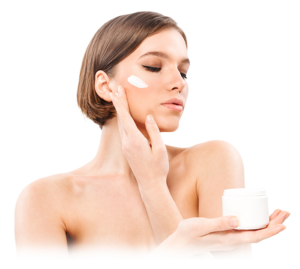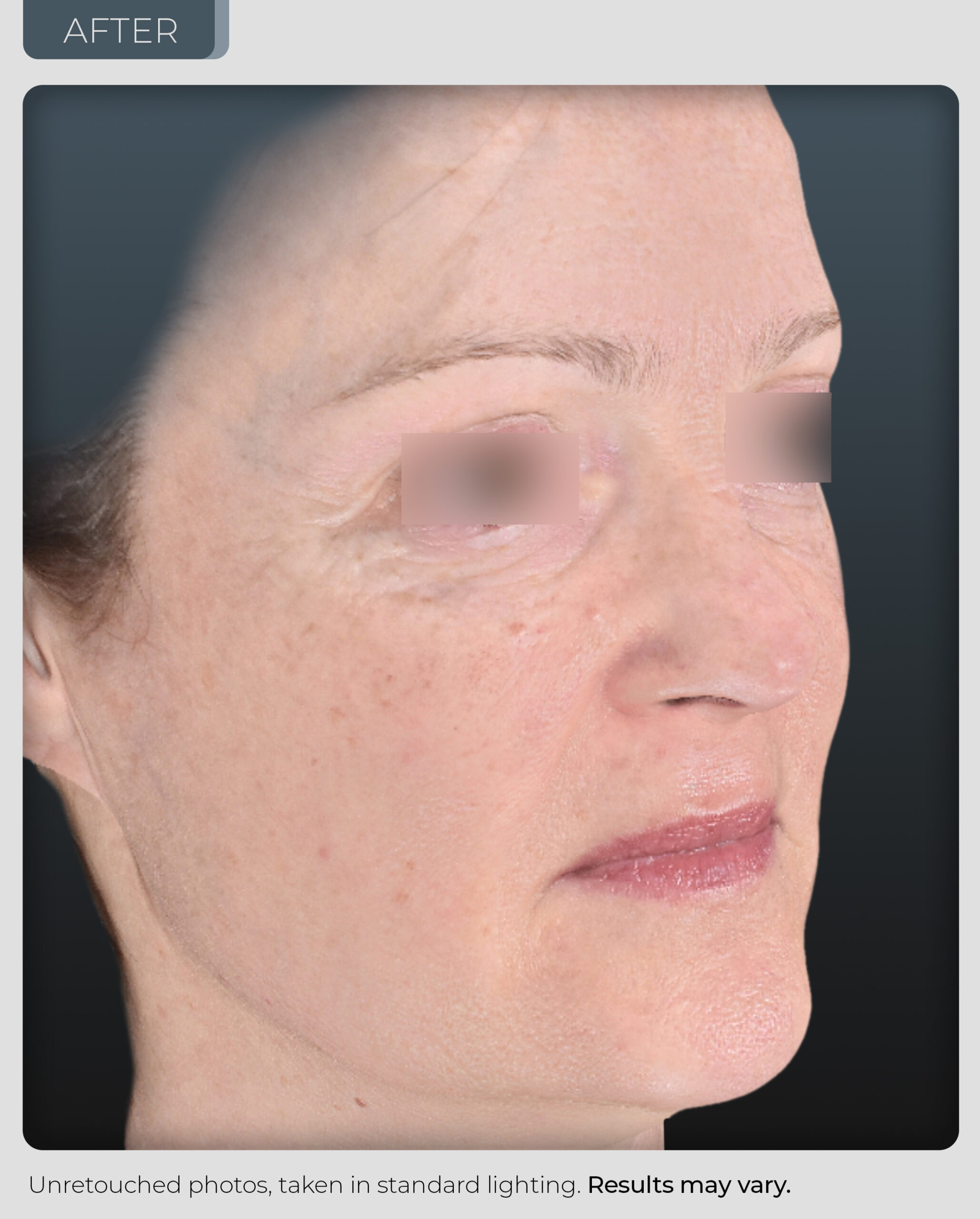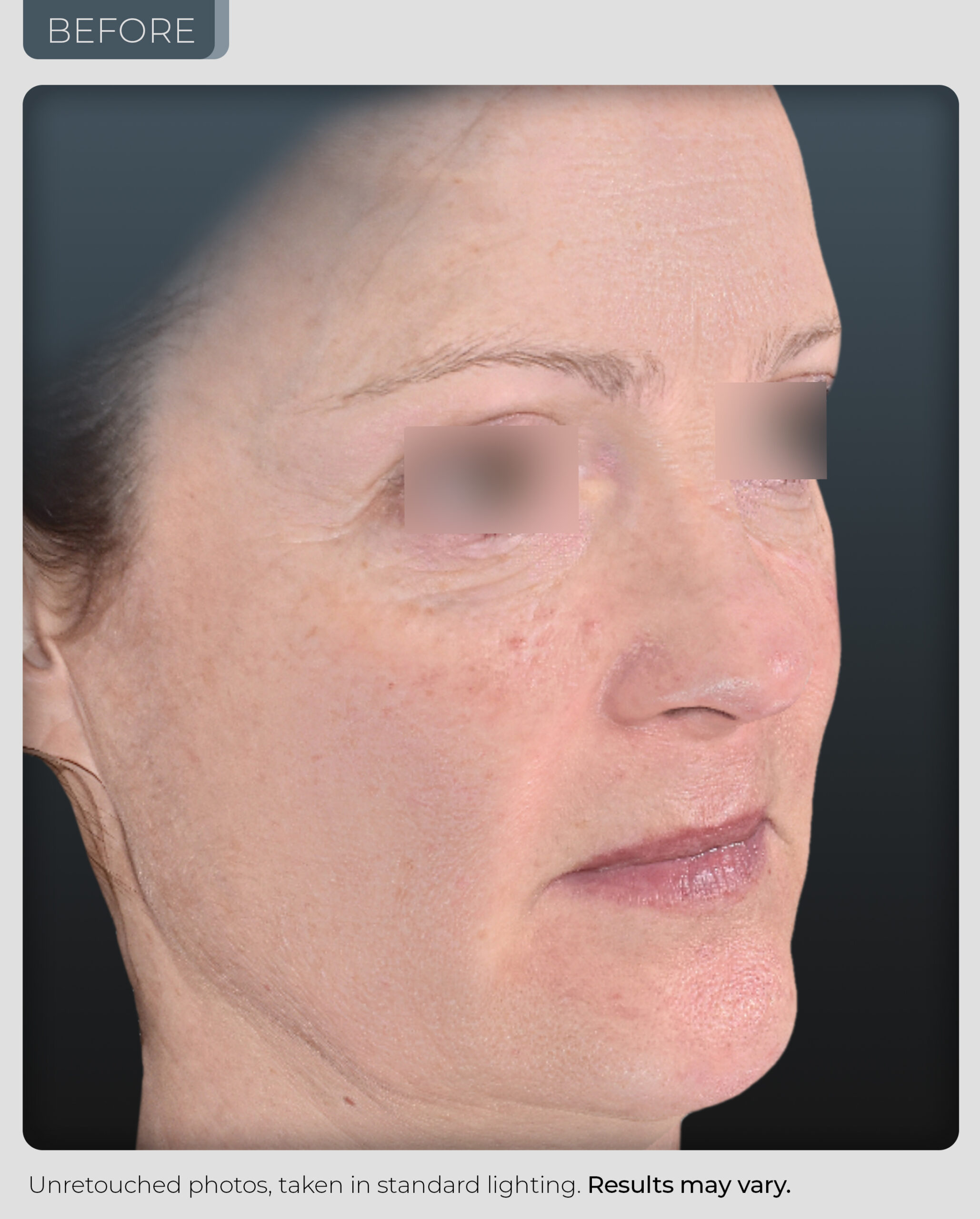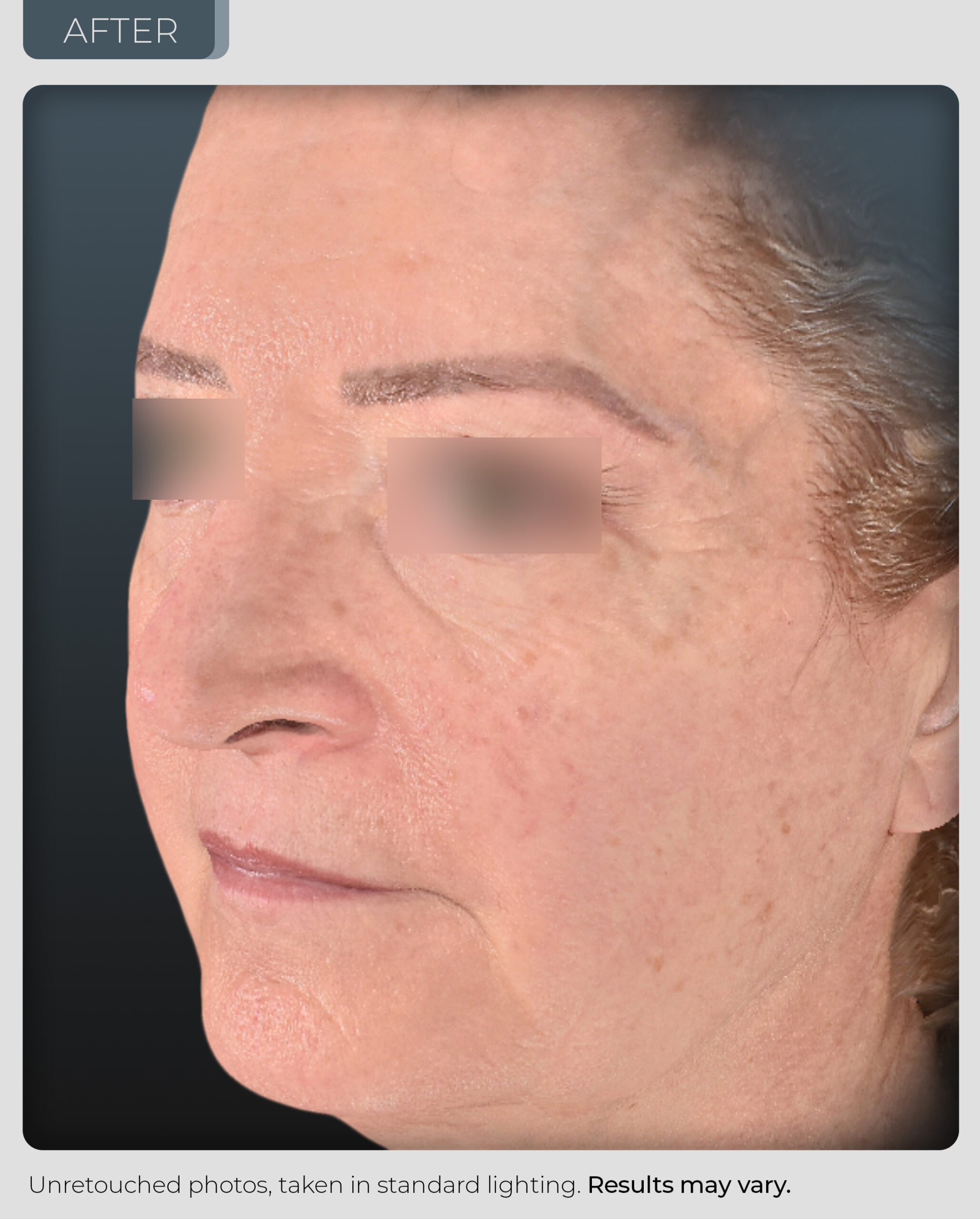
SkinCare Anti-Aging / Anti-Wrinkle


The global anti-aging market is forecast to reach up to US$271.0 Billion by 2024. The anti-wrinkle product category held the largest share in the anti-aging market.
Despite the number of anti-aging ingredients available, there is still a demand for new, scientifically proven products. More than ever, consumers are seeking clinical data to support their decisions and are driving the need for companies to prove their products are effective. With the skincare market expected to experience significant growth in the foreseeable future, there is an opportunity for scientifically proven, safe, and effective ingredients.
TFC-1326 : Novel, Non-invasive Anti-Aging Anti-Wrinkle Technology
Dr. Geraldine Deliencourt-Godefroy’s innovative chemistry is based on the naturally occurring antifreeze glycoproteins found in Antarctic fish. These proteins are known to protect against environmental stressors such as UV light, oxidation, and nutrient deprivation. From initial concept, the development has been supported through the formation of TFChem in France to the merger with Sirona Biochem, and now completion of a successful clinical study.
TFC-1326 is now a clinically proven breakthrough Anti-aging compound.
Clinical Trial for TFC-1326 in Paris
The clinical trial was designed to assess the compound’s efficacy in reversing aging facial skin, including restoring lost volume (plumping) and reducing fine wrinkles. The formulation was a cream base with TFC-1326 at a concentration of 1%. The formulation included no other active ingredient. The cream was applied twice daily for 12 weeks.
The following results were recently obtained:
Clinical Trial Results TFC-1326
| • Increased Skin Density (Collagen and Elastin) by 37% | • Decreased wrinkle volume by 14% |
| • Decreased inflammation by 54% | • Remodeled the oval of the face |
| • Decreased oxidation by 54% | • Decreased skin laxity |
| • Increased skin radiance by 25% | • Tolerated by 100% of participants, even on sensitive skin |


|


|

Download our
|
To best understand its numerous benefits and safety profile, extensive testing on the cellular level has also occurred in multiple research facilities. TFC-1326 has many properties superior to the “gold standard” retinoid based anti-aging products. Sirona is currently engaging industry experts to determine the best path forward to commercialize TFC-1326. TFC-1326 could be a stand-alone product for anti-aging or an adjunct to Botox® and dermal filler treatments depending on consumer goals. |



